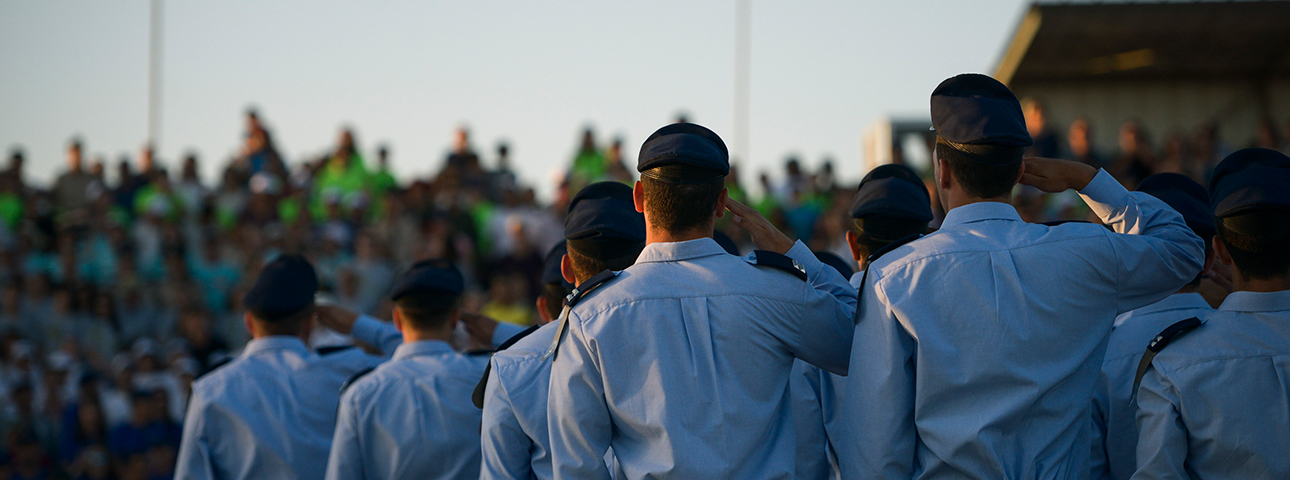Massive IDF Cover-Up: The october 7 report whitewashes the truth to shield the military, not Israel
A flawed investigation: How the IDF's report rewrites failures instead of confronting them

The Report That Ignores Reality: When Words Replace Actions
The latest IDF investigative report is presented as a comprehensive and in-depth document summarizing an extensive process of inquiry that deals with the events of October 7th.
However, in reality, it seems more like a literary creation by a second-year literature student than a document of operational value.
It is filled with grandiose phrases, self-praise, inflated and unclear terminology, and linguistic errors, giving it a questionable character. More than anything, its publication just days before the end of Chief of Staff Herzi Halevi’s term—who himself receives an excessive amount of honor in the report—raises suspicion about its true motives. The fact that Halevi and Military Intelligence Chief Shlomi Binder are the only individuals mentioned by name in the report also raises eyebrows.
The document is full of words but lacks substance. It is tedious, exhausting, and often inaccurate. Instead of serving as an operational tool for those engaged in warfare, it feels more like a drawn-out and forced PR effort.
More troubling is the fact that the report claims to summarize insights derived from a "long and in-depth process of inquiry," yet this self-congratulatory statement itself makes it suspect. How can one trust a system that, since October 7, has been exposed as one that concealed failures, protected its own ranks, and prioritized saving the seats of its top officials over taking genuine responsibility—all while boasting about a "long and in-depth process of inquiry"?
The Defense Establishment Has Become a Policy-Making Body
One of the most striking aspects of the report is its failure to address the fact that the defense establishment, instead of being an executive body, has become a policy-making entity. This shift is primarily due to the failure of Prime Minister Benjamin Netanyahu to manage systems and delegate authority effectively. While he presents himself as a dominant figure in his speeches, behind closed doors, his orders are disregarded, and he fails to maintain order. The real failure is not just operational mishaps but the fact that, due to a political vacuum, the defense establishment has turned into a decision-making body on matters of policy. If the authors had truly intended to address the flaws, they should have simply stated: "The defense establishment should not be making or managing security policy." The fact that this is not explicitly mentioned makes it clear that the next failure is just a matter of time.
Has the IDF Truly Learned Its Lessons?
Although the report includes criticism of the policy of "conflict management" against an enemy that seeks Israel’s destruction, reality has not changed. The IDF and Israel continue to supply, fund, maintain, feed, power, and fuel their enemy. If this policy is so flawed, why does the IDF continue to comply with it? In Lebanon, in Judea and Samaria, and in Gaza, the same self-defeating approach continues, as the military insists on "managing the conflict" with an adversary intent on annihilation.
The conclusion is that the IDF resembles Israel’s Chief Rabbinate—so long as it gets paid on time, it does as it’s told regardless of any meaning to its own mission.
Furthermore, the report ignores the paradoxical perception in which the IDF is expected to treat Hamas as an enemy while the political leadership views it as a business partner.
It is impossible to prepare for and conduct real war when the strategy dictates a dual approach—on the one hand, an enemy to be fought, and on the other, an organization Israel continues to sustain economically. Unsurprisingly, the report makes no mention of this contradiction.
Intelligence Detached from Reality
Another issue missing in the report is the admission that ther intelligence community lacks any understanding of actual warfare. Most intelligence personnel come from secure, rear-echelon environments, lack combat experience, and yet claim to be preparing the army for threats they do not truly comprehend. The result of this disconnect is a fundamental misunderstanding of how real war operates. The report also omits crucial details, such as the decisions made by the Chief of Staff, the Southern Command Chief, and intelligence officials on the night of October 6–7 to go to sleep—decisions that led to the deaths of thousands.
A Culture of Deception and the Need for a "Restart"
The report does not address the hard questions: Why was the alert level not raised? Why was immediate reinforcement not dispatched? Where was the Air Force? The report briefly touches upon conceptual failures (without examining their root causes) but does not investigate their origins. One of the most severe issues that goes unmentioned is the culture of deception that has taken root within the IDF—an issue that receives no analysis or attention.
What remains from the report is a document lacking courage, devoid of honesty, and indicative of an institution that is unfit to implement the conclusions it presents.
The IDF and the defense establishment require a fundamental overhaul—not more rhetorical cover-ups, but a genuine reckoning. This report proves that such a reckoning is still far off.